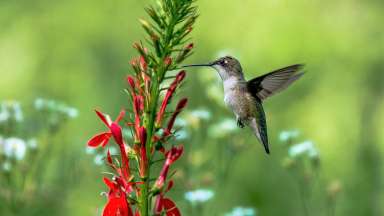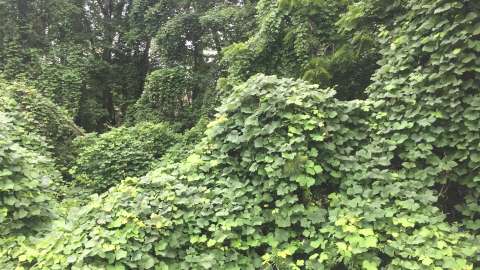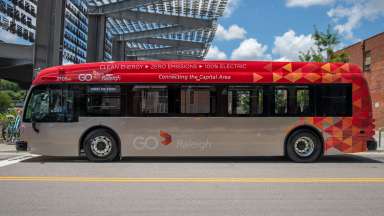What about Invasive Species
Raleigh has invasive species that disrupt our ecosystem by taking water, light, and soil from native plants and trees that wildlife depends on. Invasive species tend to grow aggressively and can contribute to the amount of pollen in our air. Some examples of invasive species in Raleigh are English ivy, Johnsongrass, Asian wisteria, kudzu, and privet. See a full list of invasive plants from the North Carolina Invasive Plants Council. We want to replace invasive species with native plants wherever possible.



